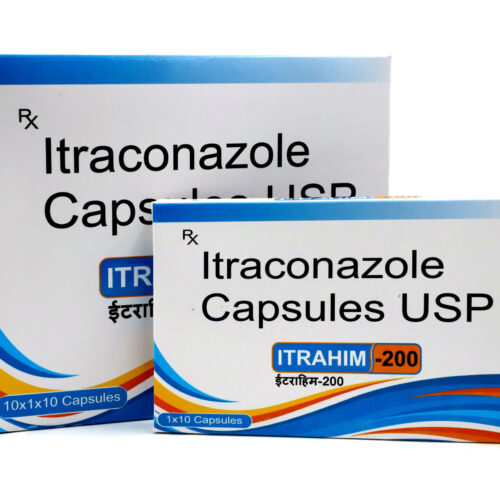The liver capsule is a thin, fibrous membrane that surrounds the liver. It is known as the Glisson’s capsule, named after the anatomist Francis Glisson, who described it in the 17th century. This capsule serves several important functions:
Protection: The liver capsule provides a protective covering for the liver tissue, helping to shield it from physical damage and infection.
Support: It helps in maintaining the structural integrity of the liver by holding the liver together and providing some level of support.
Sensory Function: The capsule contains nerve fibers, which makes it sensitive to stretching or damage. This is why conditions such as liver enlargement (due to liver disease) can cause pain, as the capsule stretches.
Blood Vessels: The liver capsule is richly supplied with blood vessels that help in nourishing the liver. Some of these vessels are part of the portal circulation system.
The liver capsule offers numerous benefits that contribute to the organ’s overall function, protection, and health. It safeguards the liver from injury, supports its structure, facilitates blood flow, detects pressure changes, and assists in healing and regeneration. Furthermore, it acts as a signal for liver disease, providing critical information about liver conditions.




